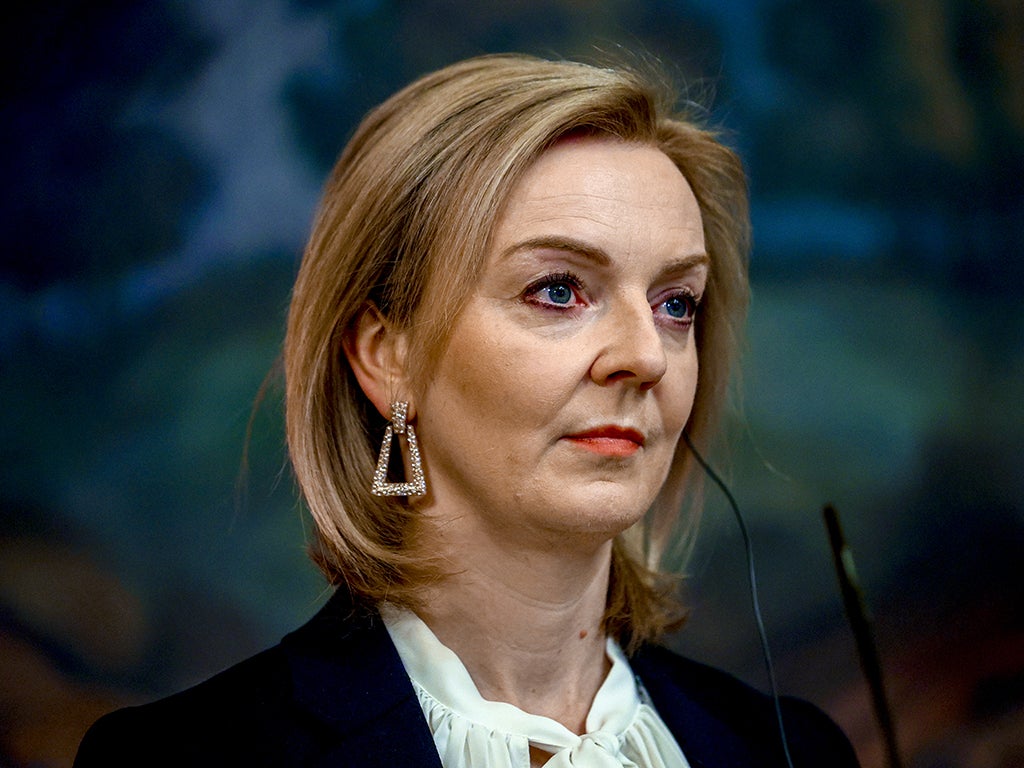
Liz Truss has a window of opportunity with voters who are currently apathetic and/or unsure which party they like – including one in five 2019 Tory voters. But the right policies and messaging is needed to take that opportunity, and her moment to do so may be slipping away fast.
A new survey by Ipsos (formerly Ipsos Mori) shows a lot of uncertainty among voters over Truss. Former prime ministers such as Gordon Brown and John Major polled just as high for uncertainty when they took office. But the number of voters actively approving of Truss is the lowest of all modern PMs: just 27 per cent say they are satisfied with her time as Prime Minister so far.
This 27 per cent isn’t too dissimilar from Boris Johnson’s rating of 31 per cent when he took office in 2019. But unlike Johnson, Truss isn’t pulling ahead of the leader of the opposition on all of the key metrics. Keir Starmer, while a damp squib with a few too many voters – not least a substantive share of those who voted Labour in 2019 – is at least far ahead in areas such as honesty and judgement.
The problem for Truss is that few voters see her as a major improvement on Johnson. Whereas 26 per cent thought of Johnson as capable, only 32 per cent think the same of Truss. That is an improvement, sure, but it’s not much.
While almost two thirds of voters viewed Johnson as out of touch in May of this year, 49 per cent say the same of Truss. For a figure who is an unknown quantity to some 44 per cent of Britons, these perceptions are problematic and suggest the public mood could sour quickly if she fails to impress. Just 23 per cent say Truss gives them confidence about Britain’s future. A low figure indeed but her saving grace is that an equal proportion say the same of Starmer.
Seventy per cent, meanwhile, look poorly on the current government. Just 20 per cent are satisfied with the way it’s running the country. The net figures here bear a striking resemblance to the proportion that was dissatisfied with the Brown administration during the 2008 financial crisis, Theresa May’s during the Brexit wars, and John Major’s in the wake of Black Wednesday in 1992.
This isn’t good. You are a new government and yet you are as unpopular as Labour was after 11 years in office. You are as unpopular as May was after deadlocked votes on the number one issue of the day. And you are as unpopular as Major was after an economic calamity.
The political priority for Truss’s government is showing that it has the ability to manage the cost-of-living crisis. But after a mini-budget marred by political outrage over tax cuts for the rich, and a revolt in financial markets, the opportunity for the new PM to win voter confidence is diminishing by the day.
[See also: Who would win if an election was held today?]


